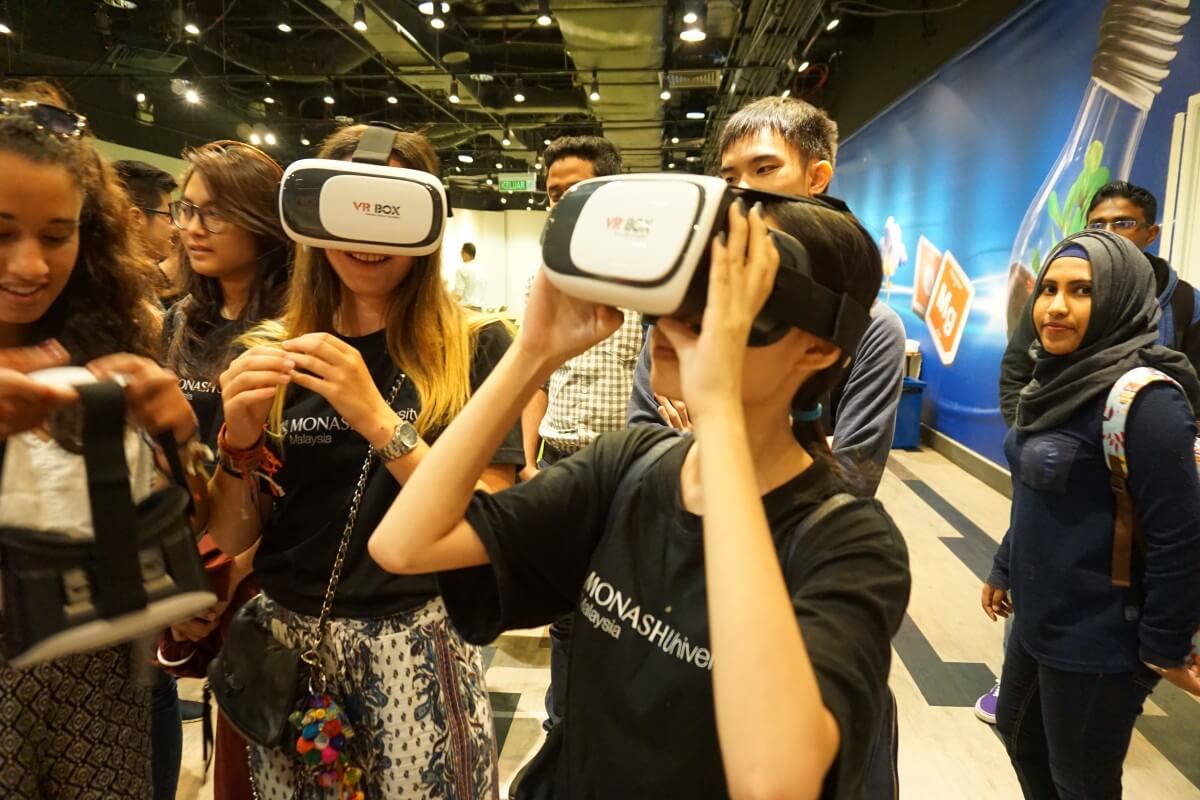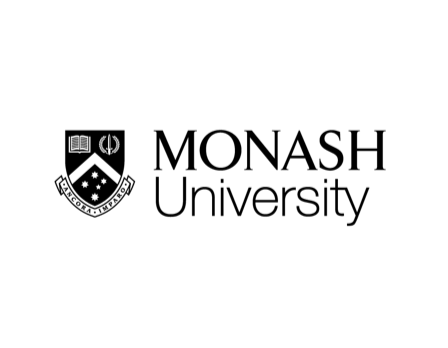The verdict is out: Millennials have distinct demands regarding their future careers. Unlike their parents and other generations, those born during the internet boom want less rigid work schedules, personal and professional growth and a sense of social purpose.
Monash University Malaysia’s School of Business (Monash Business) is acutely conscious of this generational shift. Its ethos has been clear for a long time now – the school is here to nurture business leaders of tomorrow and to meet the needs of industry, government and the global business community.
In a world dominated by entrepreneurs who revolutionise the business sphere, the school’s commitment to providing a multi-disciplinary focus gives it an edge over competitors. Professor John Benson, who heads the school explains it as such: “Our various programs have been designed to produce graduates who have strong analytical and problem solving skills; who are able to produce innovative solutions; and who are able to apply their knowledge and skills to address contemporary business challenges.”
Monash Business knows that millennials with business aspirations want to become leading entrepreneurs as soon as possible. The school is fully equipped to prepare them for that.
Let innovation thrive through the merging of disciplines
At Monash Business, ‘multi-disciplinary’ is much more than just a buzzword – it’s a constant, living force throughout all its courses and lectures.

Marketing Strategy Plan presentation on 23 May 2018 for Radio Monash
When Dr Vicki Little challenged her Masters of International Business class with an entrepreneurial marketing exercise to suggest solutions for the problem of child malnutrition in Kuala Lumpur, she was delighted with the creativity in the proposals she received. Their ideas ranged from substituting nutrient-dense chickpeas for rice to increase protein content and decrease the risk of diabetes, to a training restaurant for low-income parents aimed at decreasing unemployment and raising household income.
“The students have done a great job of understanding the challenges low income households face when trying to provide nutritious meals for their children, and in finding creative and workable solutions,” Dr Little said.
She compares this experiential approach to conventional didactic learning; a process that runs the risk of students having only a superficial understanding.
“As adult learners, we need to apply knowledge in order to understand the principles. By applying marketing concepts and skills, for example by doing market research or developing a brand, it helps to make the linkages between theory and practice. In turn, that enables students to identify opportunities, and to create workable solutions for real people with real world problems,” she explained.
This approach isn’t constrained to just one class. It’s a campus-wide spirit.
Monash Business students not only congregate from the six departments in the School of Business – Accounting & Finance, Business Law and Taxation, Economics, Econometrics & Business Statistics, Management, and Marketing – but also from Monash Malaysia’s different schools like Engineering, Arts and Social Sciences and Jeffrey Cheah School of Medicine and Health Sciences, to name a few.

Mr Andreas M. Vogiatzakis at the Marketing Strategy Plan presentation for Radio Monash
With such close proximity, cross-pollination of ideas has fertile ground to flourish. This isn’t something to underestimate. Researchers at the National Taiwan University of Science and Technology found that multidisciplinary collaboration for innovation leads to better skills in communication, collaboration, and professional abilities, a better understanding of the collaborative process and how different professions complement each other, also having a positive effect on future career development and sense of achievement.
Recruiters are seeking these very qualities, too. Liz Ryan, CEO and founder of Human Workplace, wrote in Forbes about the key traits modern employers actively seek. They want goal-oriented, independent thinkers who can and like to solve problems – most of which can only be fostered by an education that allows the merging of disciplines.
A winning combination: Academics and practical application
Monash Business is ranked in the top one percent of universities at 74th in the world, recognised by Times Higher Education’s World University Rankings.
It holds global accreditation by the Association to Advance Collegiate Schools of Business (AACSB), putting it in the same league as other elite business-focused institutions – the very same alma maters for 96 percent of the chief executives in the 2016 ‘From MBA to CEO’ by the Financial Times.
But lecturers and administrators at Monash Business know having prestigious rankings and accreditation, noteworthy as they are, is only winning half the battle in producing innovative and entrepreneurial graduates.
Professor Pervaiz K Ahmed explains that many business students have a good sense of theory but little applied understanding to put it in practice – the very ingredient needed to run successful start-ups. To do this, the school has set in place the Entrepreneurship and Innovation Hub (eiHub).
Here, current students and alumni, have a space to incubate ideas. Successful entrepreneurs are “action-oriented” and as such, having the eiHub – with its ideation corners and incubation space – helps as it “auto-enhances” the teaching students receive, according to Professor Pervaiz.

Mr Joel Neoh, a successful Monash Alumni entrepreneur and founder of Malaysia Groupon, KFit and Fave
Another distinct characteristic of millennials that Monash Business understands and wants to nurture is their keenness on social entrepreneurship. As such, it actively encourages students to participate in social initiatives like Epic Homes – a Malaysian group that aims to build housing for underprivileged communities. Professor Pervaiz encourages his PhD students to volunteer their time to join and help build homes over the weekend, which includes working beside representatives from the construction industry.
“At Monash, what we are interested in is to create global citizens. What we want our graduates to come out with is to have the attributes of being morally strong and sensitive characters. This goes back to John Monash’s ethos, which is to contribute to society. What we want for our students to do is to not just look at profits but also complex social problems,” he said.
Unlike the previous generation which focused predominantly on money, today’s business students want to do business and serve the community around them at the same time. It’s twice as difficult, Professor Pervaiz opines, but this humanitarian spirit of today’s business students is what gives him hope for the future of business.
“We want to sensitise students to not just making profits and being successful for themselves, but to also look to others and care for the society and environment. We push them to be social innovators, just as much as we want them to be economic entrepreneurs making money.”
Follow Monash Malaysia on Facebook, Twitter, YouTube, Weibo, Instagram and LinkedIn
Liked this? Then you’ll love these…
The future of business is international with Monash Business
Monash Malaysia: Promoting sustainability to produce future-proof graduates











